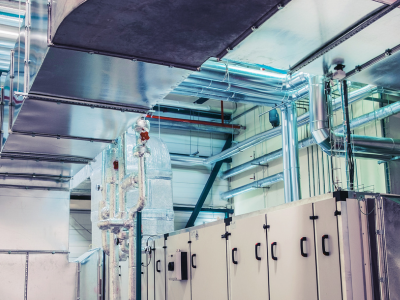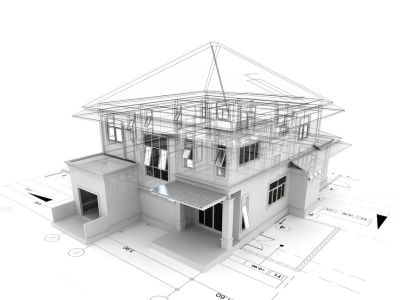 Affiliate Blog Copy – Sell Without Selling. Earn More Now!
Affiliate Blog Copy – Sell Without Selling. Earn More Now!
Surveying Energy Use on Commercial Buildings
Written by Ricardo Perry » Updated on: June 17th, 2025

A commercial business's profitability is primarily determined by its operational costs. One significant expense is the cost of energy for operating a commercial building. Energy expenses can rise quickly when running machinery or lighting large areas.
Energy monitoring can help commercial businesses better understand their consumption trends. It may also highlight areas where expenses might be reduced, resulting in higher profitability. This blog discusses energy monitoring electrical system design for business buildings and outlines its advantages.
What is Energy Monitoring?
Tracking and documenting a building's energy usage is known as energy monitoring. One proactive management strategy to reduce wasteful energy use is energy use monitoring. Energy management software and electrical system design can track the energy used in business buildings. This program gathers and analyzes large-scale energy data and offers practical insights to improve energy efficiency in your company.
Why is Electrical Load Monitoring Necessary?
Even though energy expenses make up a sizable amount of total operating expenditures, many businesses need to be aware of where their money is going because they only receive a single monthly statement that provides no information on whether the energy use was routine or excessive, given the month's operations.
To determine how much power is consumed, when, by whom, and at what hourly cost, electrical load may monitor power use at the main service entry, significant loads, and associate suppliers. The data will inevitably reveal several energy inefficiencies that can be resolved with specific operational adjustments, such as shutting off specific loads, lowering loads during peak rate periods, or rescheduling loads to run during off-peak rate periods.
Measuring Your Electrical Consumption
A fixed metering system or portable meters recording data can be used for load monitoring, an essential aspect of MEP engineering services. Temporary meters can often indicate any appliances or regions within your building that increase your energy use, which is helpful if you suspect a problem. Energy usage can be continuously monitored with a fixed metering device, such as load monitoring, which records the data for timely return. This allows you to adopt a proactive rather than a reactive strategy and continuously manage the energy and appliance usage in your building or operation to achieve maximum efficiency.
Why Should You Measure Your Consumption Levels?
A battery, solar energy, a set power source, or a mix of power electronics. Regardless of the process of powering a circuit, you must understand how much energy it consumes. Energy is a part of voltage and current.
The current in a circuit is a variable factor in determining power because the voltage in the circuit is constant, which is a crucial consideration in MEP engineering services. An industrial controller with a low-power switching power supply will have a connected voltage when powered on. The power source's inability to supply the necessary current means that the circuit cannot operate as intended.
As such, verifying a circuit's power consumption before choosing a power supply is essential. This also applies to solar-powered systems. Every solar panel has a rated current output, so matching that output to the circuit's needs is critical. Neglecting to compute the power consumption of a battery-operated design may result in a much shorter operating duration.
Designs that run on batteries are meant to be energy-efficient. However, batteries drain at a different rate. Consider energy storage and the electrical load on the commercial building and individual appliances.
Knowing how much electricity your devices and your entire commercial building consume can help you select the appropriate size and type of backup battery. You must choose a backup power source with enough capacity to suit your needs because all backup power sources limit the amount of electrical demand they can manage.
Final Takeaway
Ensure your selected energy management electrical system design can grow with your business and fulfill your organization's demands. This could imply that you can use it whenever and wherever you want or that you can select which modules to utilize. With a scalable energy management system design, you can ensure that your commercial buildings are consistently energy-efficient.
Note: IndiBlogHub features both user-submitted and editorial content. We do not verify third-party contributions. Read our Disclaimer and Privacy Policyfor details.
Copyright © 2019-2025 IndiBlogHub.com. All rights reserved. Hosted on DigitalOcean for fast, reliable performance.











